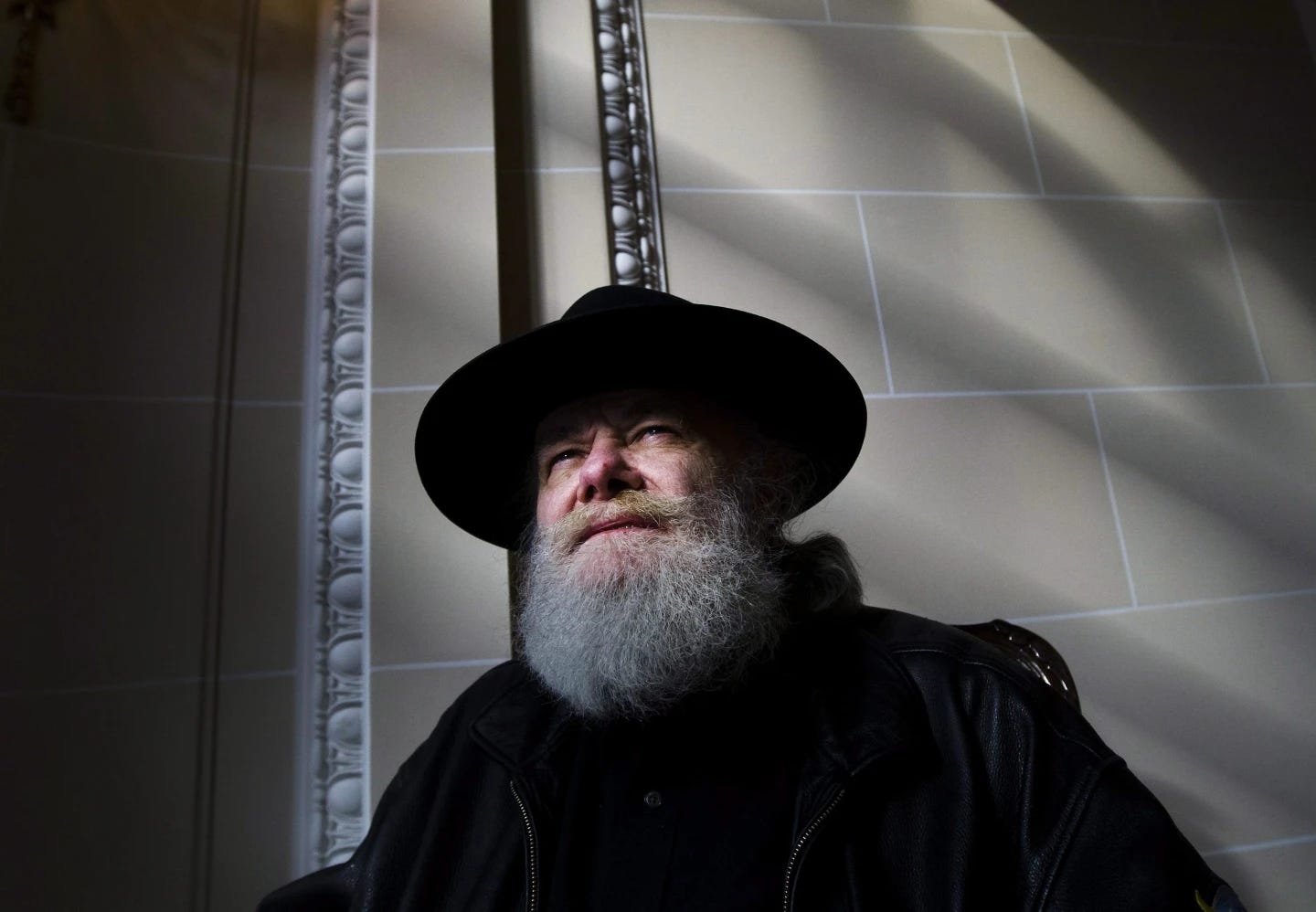Garth Hudson, Legendary Instrumentalist and Final Surviving Member of The Band, Passes Away at 87
The influential keyboardist’s musical legacy lives on through his iconic contributions to rock music and The Band’s groundbreaking sound.
NEW YORK (AP) — Garth Hudson, the virtuoso keyboardist and multi-instrumentalist who was an integral part of The Band, has died at the age of 87. Known for his eclectic mix of sounds and styles, Hudson’s musical prowess helped shape classic tracks like "Up on Cripple Creek," "The Weight," and "Rag Mama Rag." His death was confirmed on Tuesday through The Band’s social media channels, though further details were not provided. Hudson had been residing in a nursing home in upstate New York.
Hudson, the eldest and last surviving member of The Band, was a self-taught musical genius who brought a rich, conversational quality to the group’s distinctive sound. Classically trained, Hudson played piano, synthesizers, horns, and his signature Lowrey organ, offering textures that perfectly complemented the group’s musical landscape. From the quirky clavinet and wah-wah effects on "Up on Cripple Creek" to the somber saxophone on "It Makes No Difference," Hudson’s contributions were integral to The Band’s unique appeal.
Although the only non-singer in a lineup celebrated for their camaraderie and versatility, Hudson had his shining moments. His most notable showcase came on “Chest Fever,” where he composed the iconic organ solo ("The Genetic Method"), setting the tone for the song’s powerful hard rock riff.
Hudson’s bandmates, including guitarist and songwriter Robbie Robertson, drummer Levon Helm, bassist Rick Danko, and keyboardist Richard Manuel, have all passed away. Robertson died in 2023, Manuel tragically took his own life in 1986, Danko passed in 1999, and Helm succumbed to cancer in 2012. The Band was inducted into the Rock & Roll Hall of Fame in 1994.
Originally formed in the early 1960s as a backing group for Ronnie Hawkins, the Band evolved into a musical force in its own right. The group’s revolutionary work, particularly during their collaborations with Bob Dylan in the mid-1960s, helped redefine modern American music. Despite public outrage at their union with Dylan, the collaboration solidified their place in rock history.
In 1967, after Dylan withdrew from public life following a motorcycle accident, he and The Band retreated to Woodstock, where they recorded the legendary "Basement Tapes." These recordings, showcasing a blend of folk, country, and rock, would later serve as the foundation for the roots music movement and heavily influence the Americana genre. Hudson, always at the heart of the creative process, once shared his experience of recording with Dylan, saying, "We looked for words, phrases, and situations that were worth writing about."
In 1968, The Band’s album "Music from Big Pink" introduced their distinctive sound, marking a shift from the psychedelic trends of the time and influencing artists like The Beatles and Eric Clapton. The Band’s 1969 self-titled album remains one of the greatest rock albums of all time. Subsequent releases such as "Stage Fright" and "Northern Lights/Southern Cross" continued to garner critical acclaim, with Hudson’s keyboard work especially praised.
After Robertson left the group in the mid-1970s, The Band disbanded following the famed "Last Waltz" concert and documentary film in 1978. Hudson went on to perform with various incarnations of The Band, collaborate with artists like Van Morrison and Leonard Cohen, and pursue his solo projects. Despite personal and financial struggles in his later years, including multiple bankruptcies and the loss of his wife, Sister Maud Hudson, in 2022, Hudson’s influence in music remains unparalleled.
Born in Windsor, Ontario, in 1937, Hudson’s early musical training set the stage for his future in rock music. His deep understanding of both classical and modern genres made him a rare talent in the music world. Hudson’s final years may have been marked by hardship, but his musical legacy remains intact, forever woven into the fabric of rock history.


